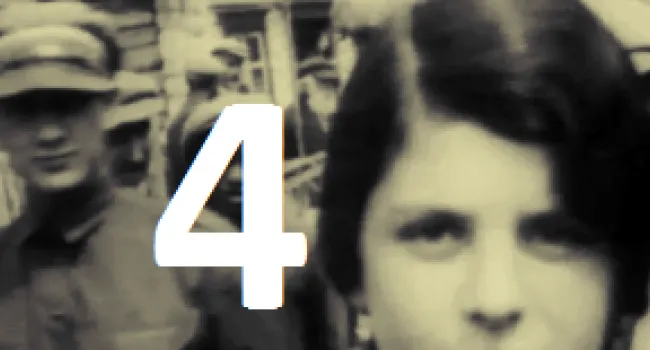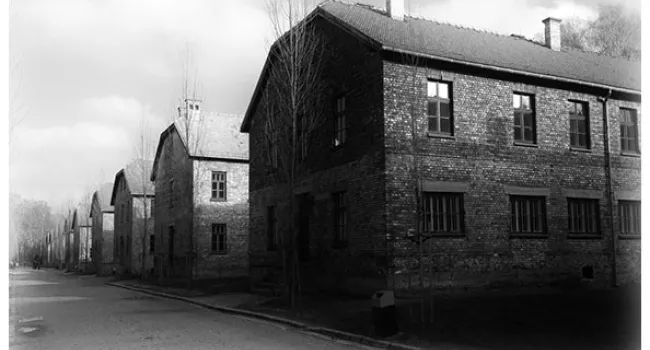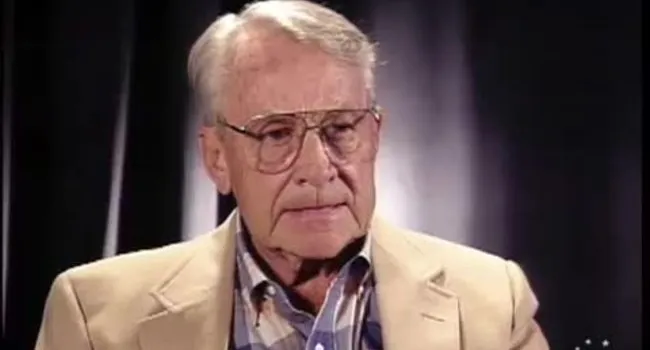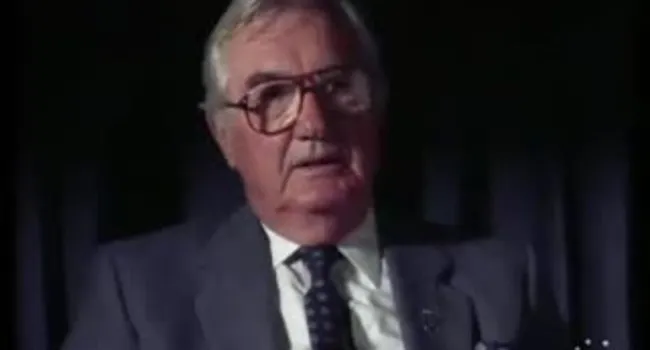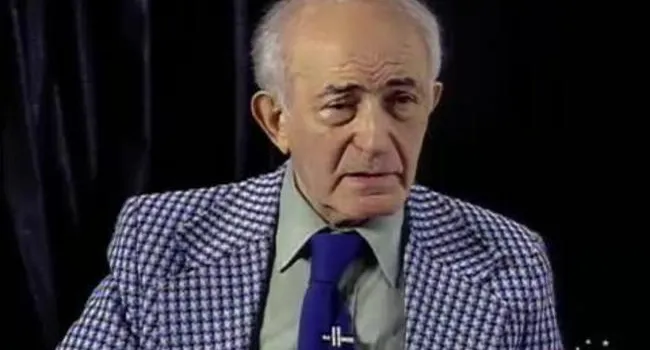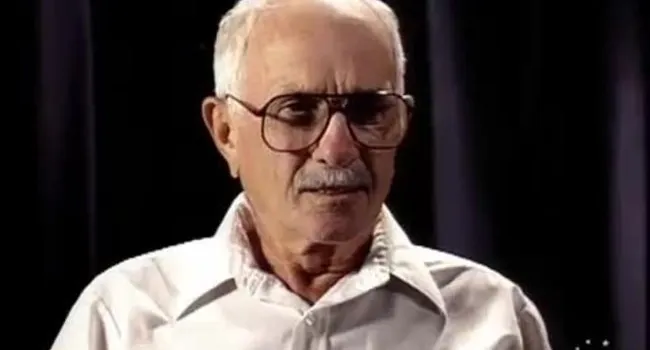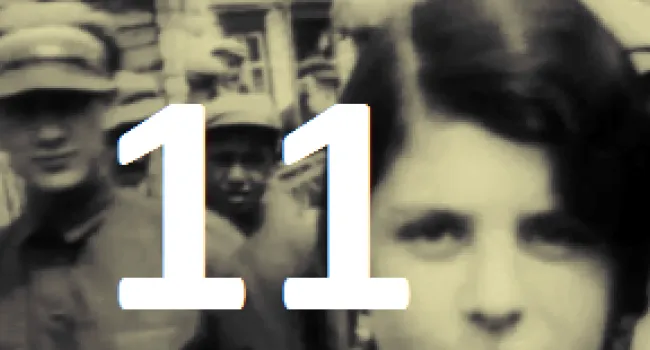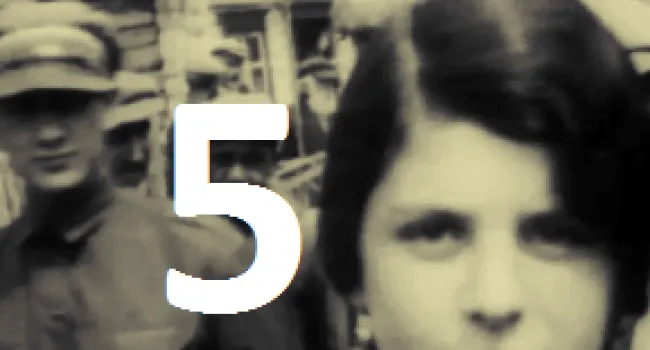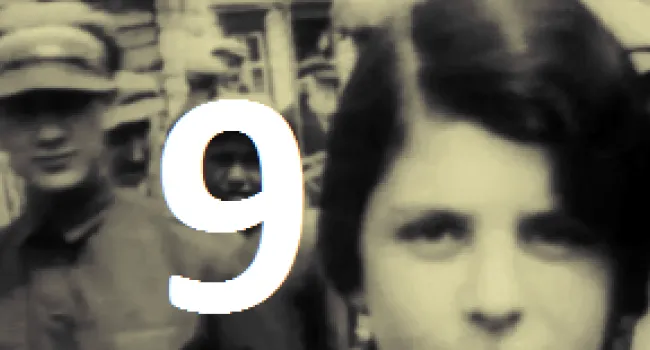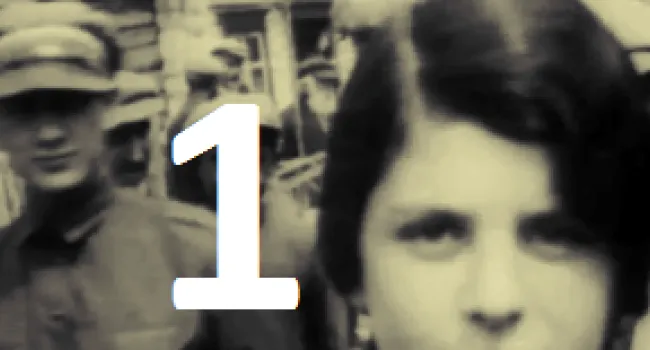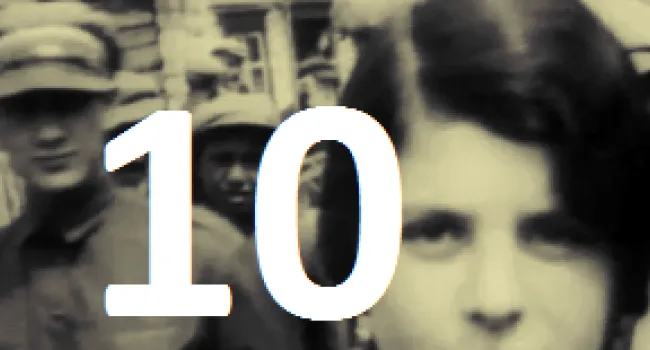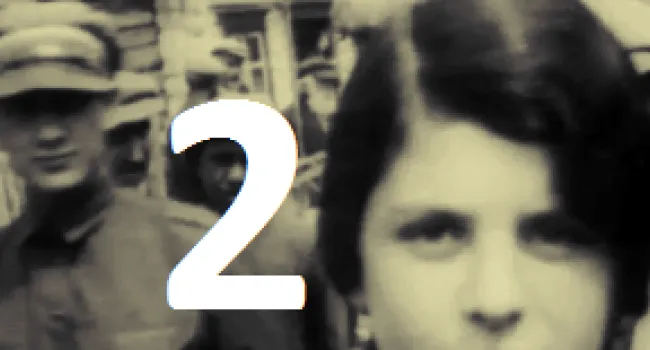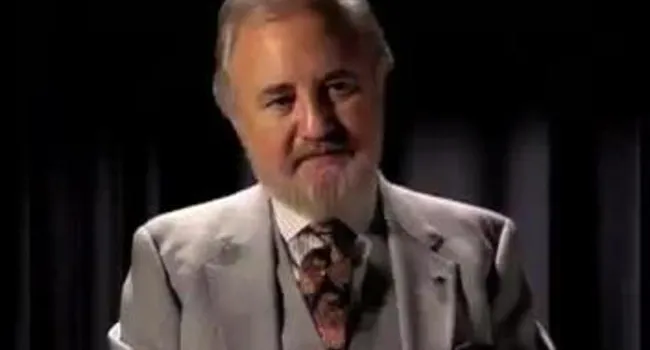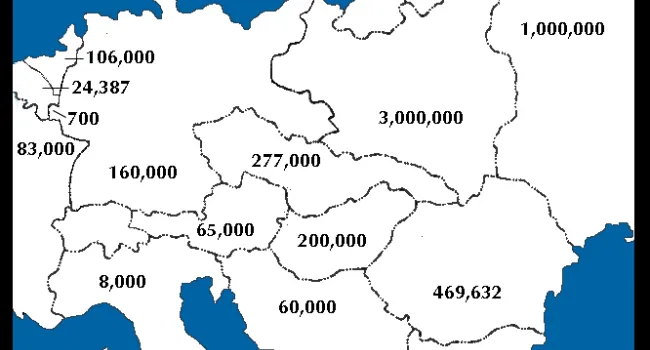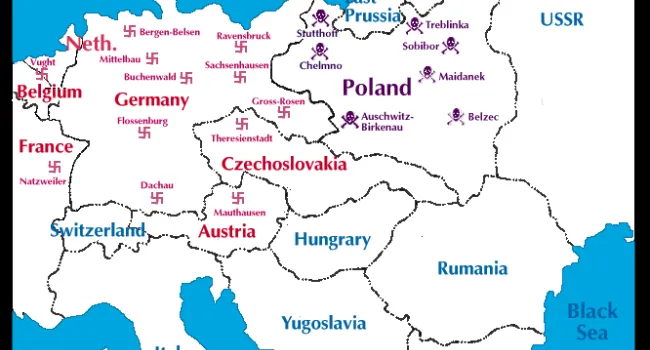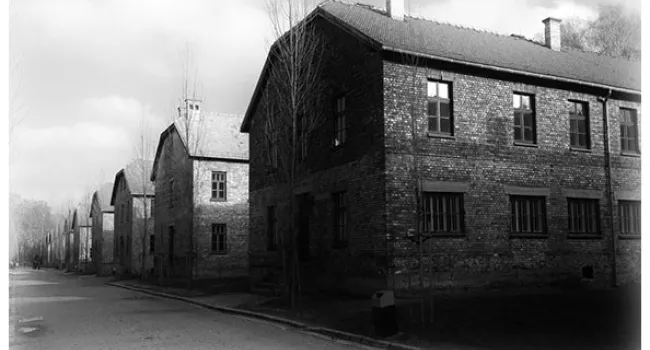Hugo Schiller grew up in Germany in the 1930s, hearing about Hitler. His parents were forced to sell their business. In 1938, his father was arrested. His education in a public school ended when it was decreed that Jewish children couldn't go to public school. He went to a Jewish school; his only friends were there. In 1940 he was deported by train to the first Jewish concentration camp in France. Terror filled the train because people didn't know what to expect. No one had any idea this was a holding camp for the extermination camps to be built in Poland. The inmates were surrounded by barbed wire and a sea of mud. There was little food and disease spread. Everyone asked constantly—"Where will we end up? We often felt guilty when we made it and others didn't." Schiller's parents were gassed in Auschwitz. He arrived in the U.S. and for the first time in a long time was able to sleep at night in complete safety. "The Holocaust exists in the public mind as long as there are survivors. These interviews are crucial so that there is recorded evidence even when survivors die," says Schiller.
Standards
- 5.3 Demonstrate an understanding of the economic, political, and social effects of World War II, the Holocaust, and their aftermath (i.e., 1930–1950) on the United States and South Carolina.
- 6.5.CE Explain the impact of nationalism on global conflicts and genocides in the 20th and 21st centuries.
- 7-4 The student will demonstrate an understanding of the causes and effects of world conflicts in the first half of the twentieth century.
- The influence of both world wars and the worldwide Great Depression are still evident. To understand the effects these events had on the modern world, the student will utilize the knowledge and skills set forth in the following indicators:
- 7-4.5 Summarize the causes and course of World War II, including drives for empire, appeasement and isolationism, the invasion of Poland, the Battle of Britain, the invasion of the Soviet Union, the "Final Solution," the Lend-Lease program, Pearl Harbo...
- 7-4.6 Analyze the Holocaust and its impact on European society and Jewish culture, including Nazi policies to eliminate the Jews and other minorities, the Nuremberg trials, the Universal Declaration of Human Rights, the rise of nationalism in Southwest...
- The influence of both world wars and the worldwide Great Depression are still evident. To understand the effects these events had on the modern world, the student will utilize the knowledge and skills set forth in the following indicators:
- 8.5.CO Compare South Carolina and U.S. wartime contributions and demobilization after World War II.
- This indicator is intended to encourage inquiry into the significant causes of World War I and the impacts of the Treaty of Versailles, including its failure to prevent future global conflicts.
- USHC-7 The student will demonstrate an understanding of the impact of World War II on the United States and the nation’s subsequent role in the world.
